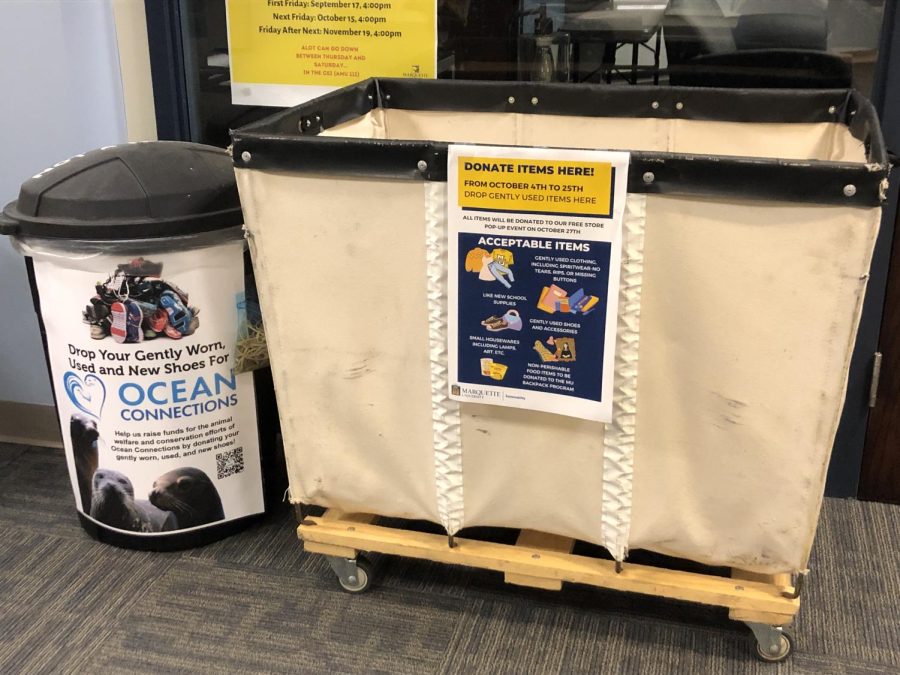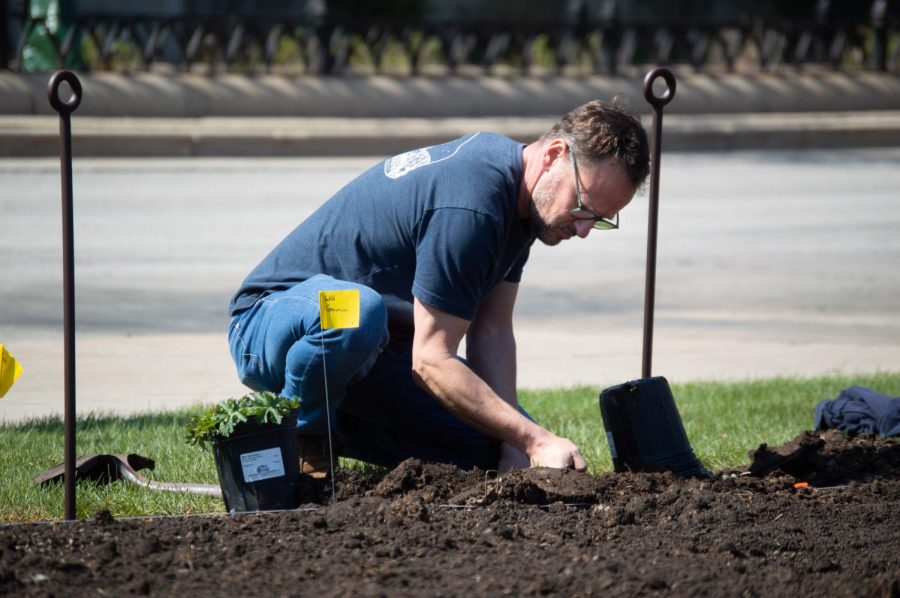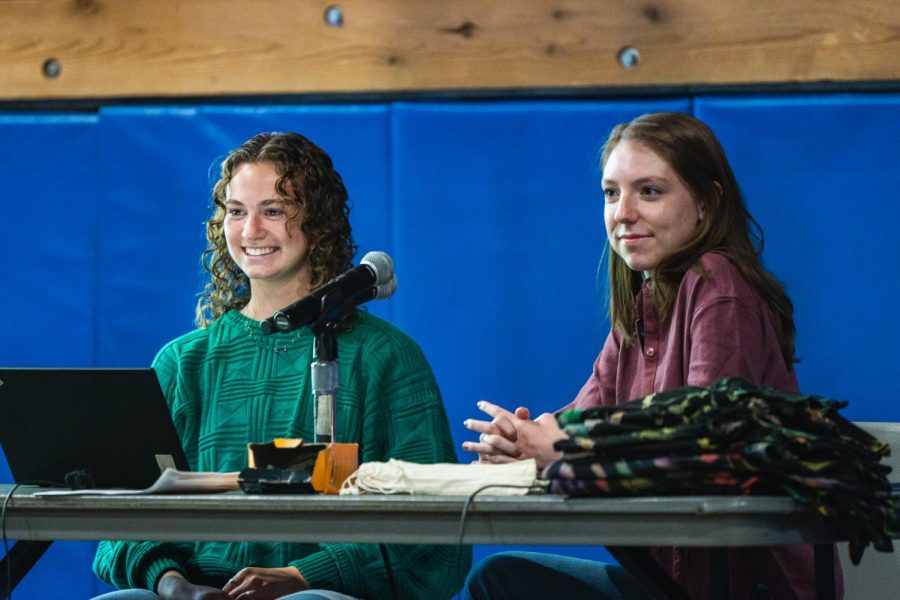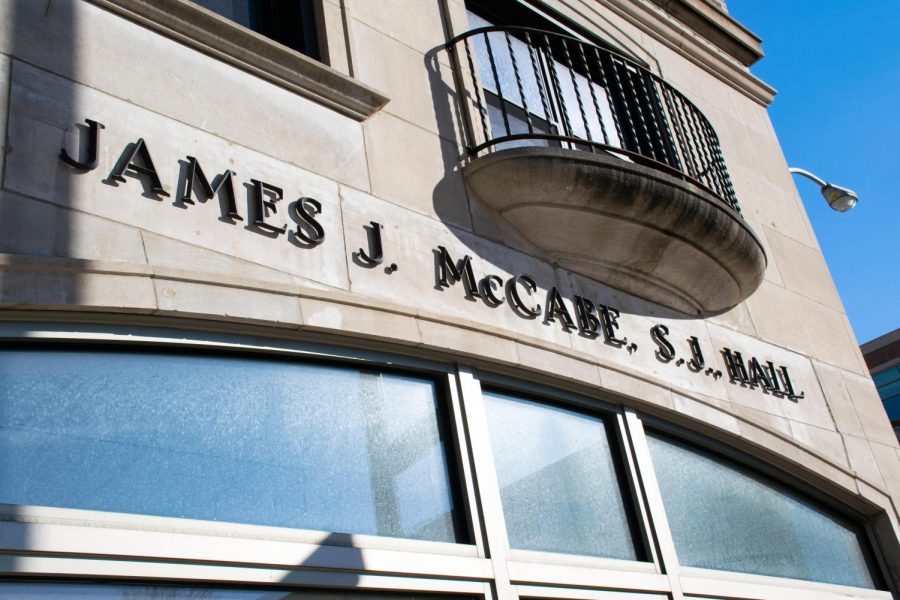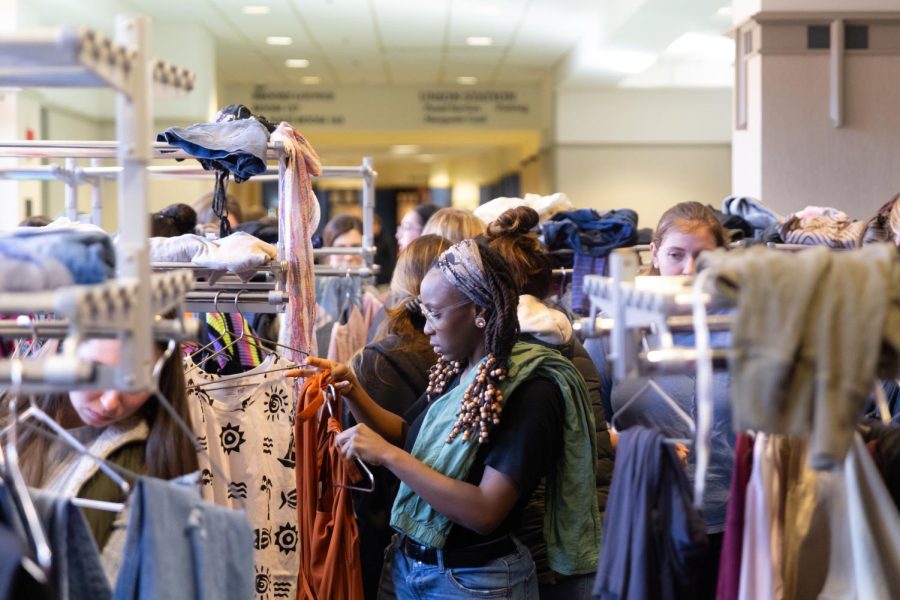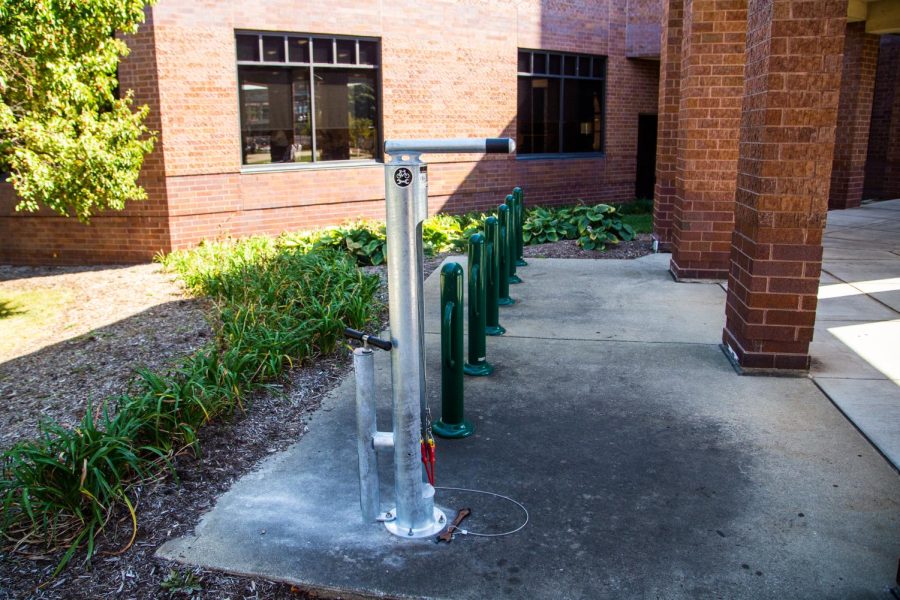Recycling is a start, but awareness is the finish.
October is campus sustainability month. Each year, the month celebrates sustainability accomplishments and looks to educate other students about sustainability efforts.
For some, sustainability can be illustrated in simple ways such as recycling, turning off lights when leaving a room or simply educating other peers about sustainability itself.
“The exciting thing about attending college is that students have the opportunity to develop their skills and knowledge to become change agents in their future professions and in their own communities, including on their college campuses. Students who are interested in sustainability already can get almost all of their coursework back to some aspect of sustainable development,” Chelsea Malacara, sustainability and energy management coordinator at Marquette, said.
Throughout the past year and a half, universities including The University of North Carolina, Iowa State University and Marquette University have been forced to shift a lot of their attention to the COVID-19 pandemic.
Because of the pandemic, last year eat-in opportunities in dining halls were restricted and many students were forced to use the alternative option of to-go dining.
“The dining hall had mostly to-go items last year, which involved a lot of plastic material being used, but as we shift back to some normalcy we have been noticing that there are now more dine in options for students on campus,” Malacara said.
This year, real silverware and real plates are back in use at dining halls across campus, however to-go options are still offered in the Alumni Memorial Union and Schroeder Hall. Sustainability efforts have had more of an impact that they did last year with the decrease in the amount of waste from single-use plastics on campus.
A number of opportunities exist for students who are passionate about sustainability efforts. Allyssa Vesely, a sustainability intern at Marquette and a senior in the College of Arts & Sciences.
“I am majoring in environmental studies. I have always been passionate about sustainability efforts and at a young age I realized how much we wasted and it motivated me to try and do as much as I can to prevent this from happening,” Vesely said.
For students with a similar passion, there are a number of organizations on campus to better understand and promote sustainability.
“I know the student government has its own sustainability branch which is new this year. There is also an organization called Students for an Environmentally Active Campus which pushes students to be more eco-friendly through discussions and going on hikes,” Vesely said.
Additionally, Marquette has an Ocean Conservation club on campus which also makes initiatives for sustainability acts through spreading information regarding the ocean, hosting events to educate conservation and participating in sustainability events on campus.
Throughout the month of October, there have been a number of different initiatives on campus for students to get involved in sustainability.
Monday, Oct. 11th there was a sustainability conference that was held on the third floor of the AMU. It was organized by Christopher Merker and had multiple panels of professionals in the sustainability field discussing topics for a greener tomorrow. These conferences have been going on since 2019 and originated from the Center for Peacemaking before moving to the Business school.
One of the big topics discussed was how to improve Environmental Social Governance Reporting – how businesses report on how they are actively using their energy, how they are run as a whole and how they cater to the culture and well being of people.
Through Oct. 4-25, in Alumni Memorial Union 121 there will be donations for gently used clothing, accessories and school supplies for any students who wish to stop by and donate.
Oct. 20, there will be a workshop in the AMU from 1-3:30 p.m. where students can learn how to turn a T-shirt into a tote bag.
Dean Amhaus, president of The Water Council, was one of the people to speak at the sustainability conference. Amhaus is a large advocate for better sustainability in businesses and colleges.
The Water Council is a non-profit that works to help big and small businesses in improving water stewardship. TWC has worked with companies globally but also local businesses in Milwaukee.
Water stewardship is how we are responsible for the management and the care of our water systems.
“Sometimes companies aren’t even aware of how much water they are using,” Amhaus said. “So it’s our responsibility to help companies become aware of that and utilize water technologies such as cleaning systems.”
Amhaus said that Milwaukee is lucky. The city is located right next to one of the largest freshwater sources in the world. Lake Michigan and the Milwaukee river allow all used water to go back in local systems. Compared to larger cities on the east coast, much of the water is not sufficiently recycled and ends up in the ocean.
Amhaus encourages colleges and universities to look at practices and how they use water.
“These colleges and universities are small towns in themselves,” Amhaus said.
If they looked at their internal operations and how they engage with resources there would be a great impact Amhaus said.
Recently Marquette has signed with Sustainability Accounting Standards Board which is one of the leading organizations in ESG reporting in the U.S. Merker said. Merker encourages students to follow Marquette in “thinking globally and acting locally”.
This story was written by Connor Baldwin and TJ Dysart. They can be reached at [email protected] and [email protected]



